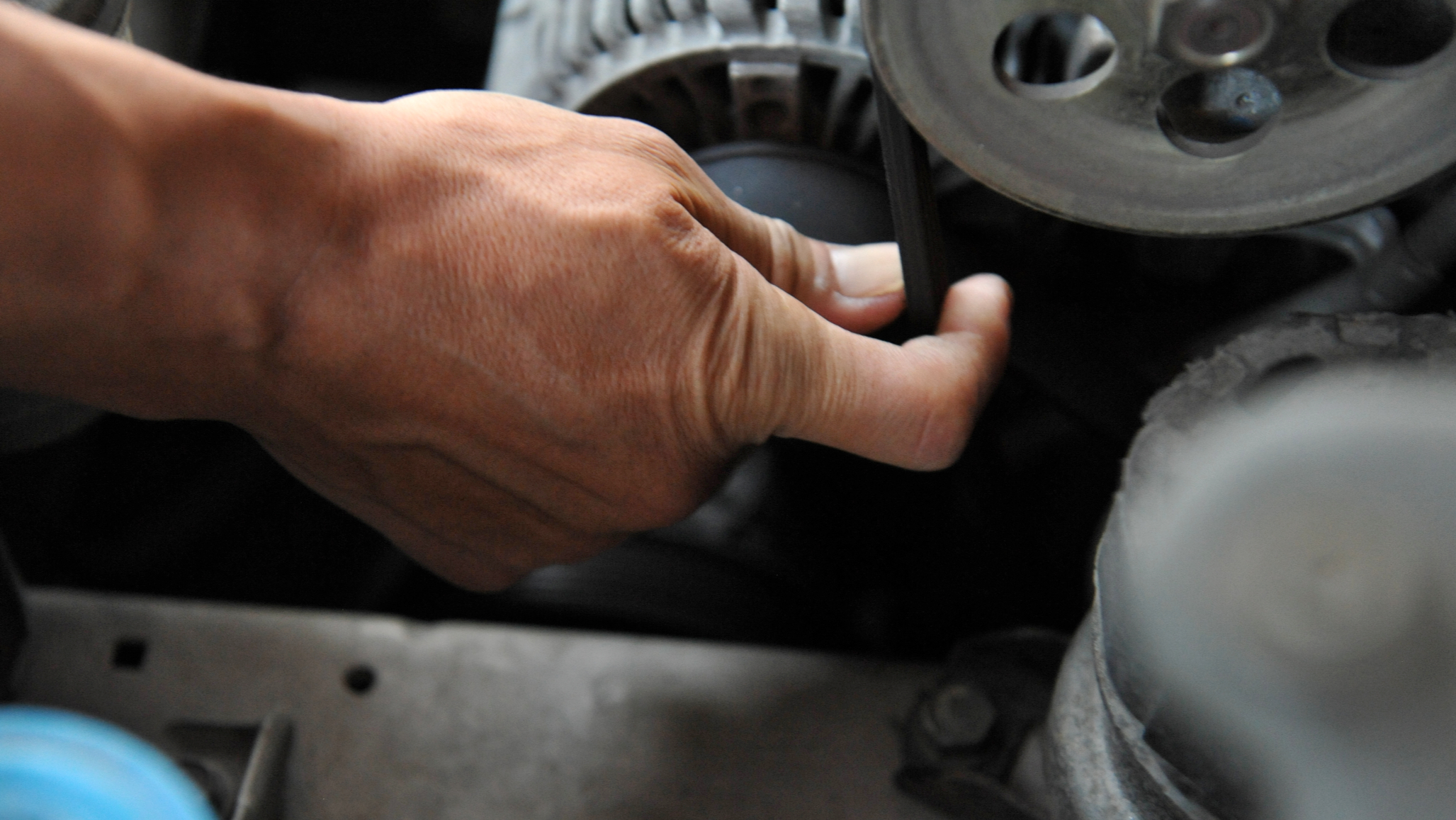
Car Maintenance: Check your car belts
Lift up your bonnet and you will find a series of rubber drive belts that wrap around various pulleys – they drive everything from the alternator to the compressor and power steering pump. A lot of older vehicles used the V-belts, but in today’s world. All cars use a single belt to drive a variety of components. The belts do wear down eventually, and it is best to check them on a regular basis. This is your guide for doing just that:
If you hear a squealing sound from your engine, this means one of your belts is loose or damaged
Check belts for signs of wear and tear: Do not just visually look over it; squeeze and twist them as you look for splits and fraying
Is your belt glazed over or really smooth? This can cause your belt to slip
Check the belts alignments on the pulleys
Look and feel for rubber deposit residue
Search for little breaks which could be catching on the pulleys
Check the tension – there should be no give that is longer than 2.5 centimetres



